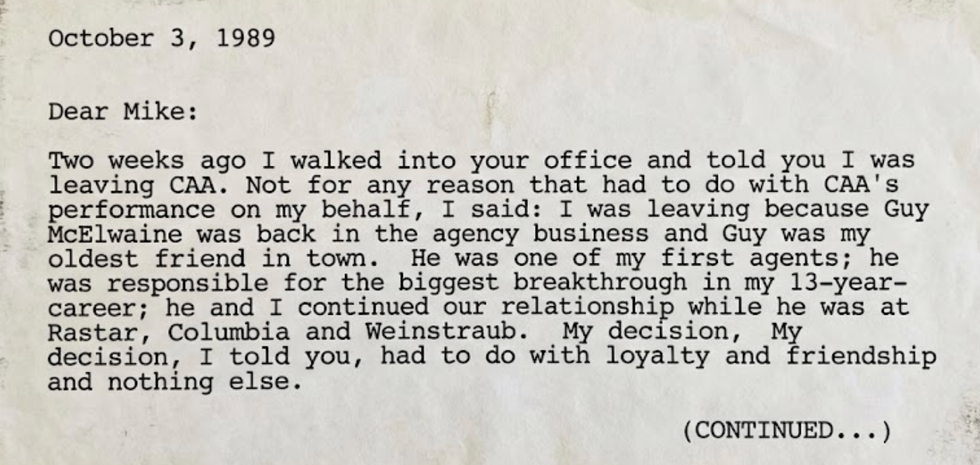If you’re a fan of music or sports, you’ve probably been affected by scalping bots without even realizing it. The situation’s a familiar one: Mere seconds after tickets go on sale for a playoff game or big concert, you get the message from Ticketmaster or another brokerage serve informing you that the tickets are gone. You did everything right, but simply can’t explain how it’s humanly possible that a 40,000-person venue can sell out in less than a minute.
Well, what you’re failing to take into account is the “humanly” part. Scalpers have evolved with the times, so rather than manning multiple computer screens or hiring others to click refresh, they’re using scripted programs to get the tickets faster and more frequently than us humans ever could.
The practice achieved widespread awareness following the astronomically high prices for the blockbuster musical Hamilton on Broadway. Tickets there were regularly selling for 15 times their original price. Sick of the practice, Hamilton creator Lin Manuel-Miranda partnered with NY Senator Chuck Sherman to level the playing fields. This week, Barack Obama signed into effect the Better Online Ticket Sales Act (or “BOTS Act” if you prefer your legislation a little more cutesy), which intends to “prohibit the circumvention of control measures used by Internet ticket sellers to ensure equitable consumer access to tickets for certain events.”
It might not be a legacy act by the President, but it’s something that seems to be near-universally supported by both fans of sports and the arts as well as fans of fair business practices:
In a move that may elicit mixed emotions by the customers themselves, Ticketmaster applauded the passage of the act, which criminalizes the use of bots by scalpers, stating on its site:
The passage of the BOTS Act is a critical step in raising awareness about the use of bad bots, but the fight doesn’t end here. We’ve invested millions of dollars over the years to identify and block bots and we’re continuing to build new products to ensure that tickets get into the hands of fans.
Historically, Ticketmaster’s interests have run counter to those of sports and music fans, and they get paid the same if they’re selling to scalpers or fans, so it’s possible, verging on likely, that the company is just seizing the opportunity to ingratiate itself to a customer base it’s repeatedly gouged in a monopolized industry for decades.
The passage of the act itself doesn’t mean you’re guaranteed to get NFC championship tickets when they go on sale in a month or so, but it does ensure that you won’t be computing with superhuman machines to get a place in line.

















 Two people study a mapCanva
Two people study a mapCanva Foggy Chinese villageCanva
Foggy Chinese villageCanva

 Older woman drinking coffee and looking out the window.Photo credit:
Older woman drinking coffee and looking out the window.Photo credit:  An older woman meditates in a park.Photo credit:
An older woman meditates in a park.Photo credit:  Father and Daughter pose for a family picture.Photo credit:
Father and Daughter pose for a family picture.Photo credit:  Woman receives a vaccine shot.Photo credit:
Woman receives a vaccine shot.Photo credit: 
 An excerpt of the faxCanva
An excerpt of the faxCanva

 Robert Redford advocating against the demolition of Santa Monica Pier while filming "The Sting" 1973
Robert Redford advocating against the demolition of Santa Monica Pier while filming "The Sting" 1973